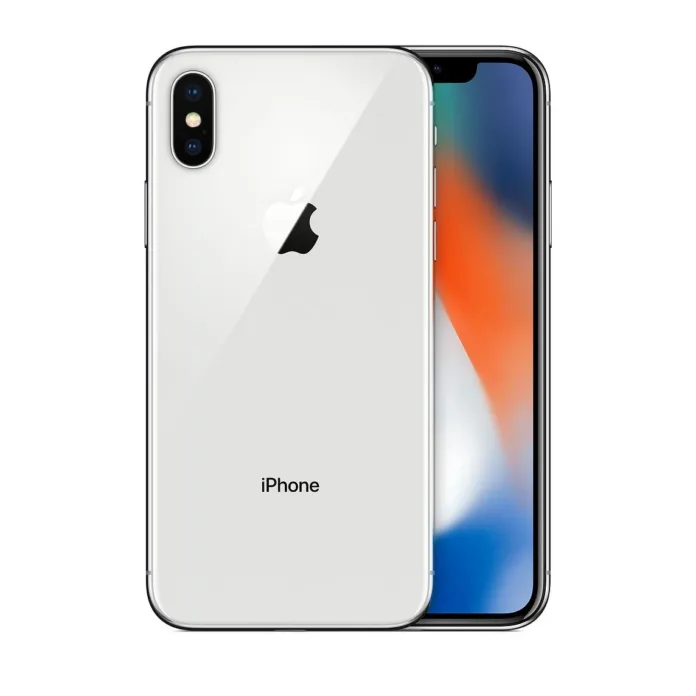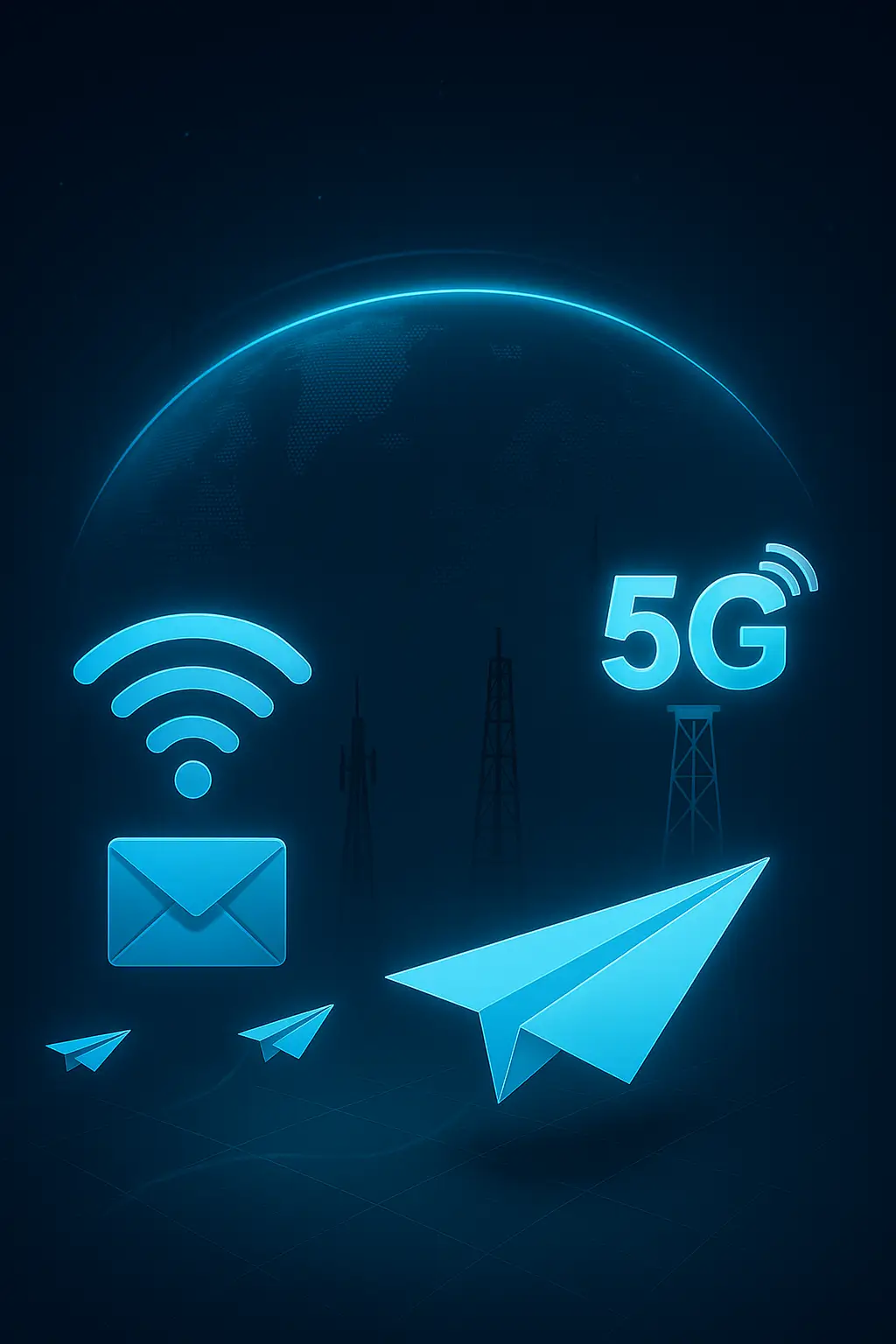As 5G networks continue to expand globally, many smartphone users are curious about whether their devices can take advantage of this faster, more efficient connectivity. One common question that arises is: Does the iPhone X support 5G? The short answer is no. The iPhone X, released in 2017, only supports 4G LTE. In this article, we’ll explore why the iPhone X lacks 5G capabilities, what the differences are between 4G and 5G, and what your options are if you’re looking for an upgrade.
📱 Recommended 5G iPhones on Amazon
If you’re considering an upgrade from your 4G-only iPhone X, here’s a great 5G-compatible iPhone available on Amazon:
👉 Check this 5G iPhone on Amazon
1. iPhone X: A 4G LTE Device
The iPhone X was revolutionary when it launched, introducing features like Face ID and an edge-to-edge OLED display. However, it was built in an era when 4G LTE was the dominant network technology. At that time, 5G networks were still under development, and the technology wasn’t included in smartphones.
Key Features of the iPhone X:
- Display: 5.8-inch Super Retina OLED display
- Chip: A11 Bionic chip with Neural Engine
- Camera: Dual 12MP cameras with portrait mode and optical zoom
- Connectivity: Supports 4G LTE, Wi-Fi, Bluetooth 5.0, but no 5G
While the iPhone X still performs well for basic tasks, its inability to connect to 5G networks may limit its usefulness as 5G becomes more widely available.
2. What is 5G and Why Does It Matter?
5G is the next generation of wireless technology, offering faster download speeds, lower latency, and the ability to connect more devices simultaneously. It’s a significant improvement over 4G LTE and is designed to support emerging technologies like augmented reality (AR), smart homes, and autonomous vehicles.
Benefits of 5G:
- Blazing Fast Speeds: Up to 10 times faster than 4G LTE, allowing you to download HD movies, large files, or apps in seconds.
- Low Latency: Provides near-instant response times, making it ideal for online gaming, video calls, and virtual reality applications.
- More Capacity: 5G networks can handle more devices without congestion, which is crucial in areas with high traffic like city centers or sports arenas.
If you rely on fast speeds for streaming, gaming, or handling large files, upgrading to a 5G-compatible device can significantly enhance your mobile experience.
3. Why the iPhone X Doesn’t Support 5G
The iPhone X was built with 4G LTE technology, and it lacks the necessary 5G modems and antennas that newer phones have. Apple didn’t include 5G capabilities in any of its phones until the release of the iPhone 12 series in 2020. This means that iPhone X users are limited to 4G LTE speeds, which, while still fast, can’t match the capabilities of 5G.
The Limitations of 4G LTE:
- Slower Speeds: While 4G LTE can provide speeds up to 1 Gbps in ideal conditions, it is still significantly slower than 5G.
- Higher Latency: Tasks that require real-time interaction, such as online gaming or augmented reality apps, may experience more lag on 4G LTE compared to 5G.
- Network Congestion: In areas with high traffic, 4G LTE networks can become congested, leading to slower performance.
4. Should You Upgrade from the iPhone X for 5G?
If you’re an iPhone X user and want to take advantage of 5G, you’ll need to upgrade to a newer iPhone. Apple introduced 5G support with the iPhone 12 series, and every iPhone model since then (including the iPhone 13 and iPhone 14) supports 5G networks.
Reasons to Upgrade:
- Faster Download and Upload Speeds: Experience lightning-fast connectivity that’s perfect for downloading large files or streaming high-definition content without buffering.
- Long-Term Compatibility: As carriers continue to expand their 5G networks, staying on 4G LTE may mean slower speeds in the future, as more bandwidth is allocated to 5G users.
- Advanced Features: In addition to 5G support, newer iPhones offer improvements in battery life, display quality, camera performance, and processing power.
5. Best 5G iPhones to Consider
If you’ve decided to upgrade from your iPhone X, here are a few top choices that support 5G and offer significant advancements in features:
1. iPhone 12 Series:
- The first iPhones with 5G support, offering fast performance with Apple’s A14 Bionic chip.
- Available in different sizes, including the iPhone 12 Mini for compact users and the iPhone 12 Pro Max for those who want the best camera and display.
2. iPhone 13 Series:
- Features the A15 Bionic chip for even faster speeds and better energy efficiency.
- Improved battery life and a 120Hz display on the Pro models make this series perfect for power users.
- The cinematic mode on the camera offers enhanced video recording capabilities.
3. iPhone 14 Series:
- The latest release from Apple, with the most up-to-date 5G capabilities, improved processing power, and enhanced camera systems.
- Satellite communication features and the introduction of crash detection offer additional safety benefits for users.
6. Conclusion: Time to Upgrade for 5G?
In conclusion, while the iPhone X was a groundbreaking device when it launched, it does not support 5G networks. If you’re looking to take advantage of faster download speeds, lower latency, and better performance, it may be time to upgrade to a newer iPhone model. Options like the iPhone 12, iPhone 13, and iPhone 14 offer full 5G compatibility, allowing you to experience the future of mobile connectivity today.
Benefit from Massive discount on our 5G Training with 5WorldPro.com
Start your 5G journey and obtain 5G certification
contact us: contact@5GWorldPro.com


